Acne: Dermatologist speaks truth about breakouts
May 17, 2019
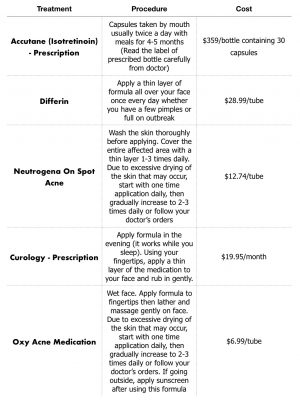 Many students think their acne is caused by stress, but that is a myth, according to one Mid-Pacific alum.
Many students think their acne is caused by stress, but that is a myth, according to one Mid-Pacific alum.
“Unfortunately, acne is a combination of genetics and the increased oil production that goes along with the increased hormones that occur after puberty,” said Erin Fuller, a Mid-Pacific alumni and board certified dermatologist.
More than 85 percent of teenagers have this common skin problem caused when your pores get clogged with oils and dead skin, which leads to blackheads or whiteheads.
“I usually get my acne from sweating in sports or when I’m stressed out a lot,” said 11th grader Evan Kagimoto.
Kagimoto washes his face daily to prevent his acne, but Fuller said the myth of acne being caused by a dirty face or not scrubbing your skin enough is not true, and over-scrubbing can worsen the acne.
“I think the stress from school and my outside activities causes my acne,” said 11th grader Kylie Otsuka. “I also sometimes get acne before my monthly.”
Otsuka uses Neutrogena oil-free acne wash and cream cleanser to prevent and lessen her acne.
“Over the counter washes with salicylic acid such as Neutrogena oil free acne wash can be helpful for early comedonal acne with blackheads and whiteheads,” said Fuller.
Fuller also recommends Differin which is a slightly lower strength of medication that many dermatologists prescribe. If you’re getting multiple big, red pimples, then over the counter washes or spot treatments with benzoyl peroxide like Neutrogena and Oxy Brand can be useful.
“If you have deep cystic acne or scarring, then you should see a dermatologist right away so stronger medications can be prescribed to prevent worsening and permanent scarring,” said Fuller.
Multiple students use a medication called Accutane to get rid of their acne.
“Dermatologists can prescribe stronger creams, antibiotic pills for females pills like birth control to help combat the hormones that are causing the acne, and a medication called Accutane or Isotretinoin,” said Fuller.
There are harmful treatments out there, but it depends on how your skin reacts to the medications.
“Do not pick at your acne because it doesn’t make it go away faster and it increases your risk of scarring,” said Fuller.
Once your acne develops, it is important to treat it early to prevent it from worsening and possibly scarring, said Fuller. She recommends washing your face twice a day, morning and night, and after sweating, and applying a gentle cleanser like Dove, Cetaphil, or Cerave.
“The washes, creams and pills only work if you use them consistently,” said Fuller. “Any acne treatment takes a while before you start to see improvement.”
Fuller said most people give up too quickly and say a treatment is not working. If over the counter medications don’t work, make an appointment to see a dermatologist.
“Stress makes everything worse, but it’s difficult to avoid, so just do your best to tackle life’s challenges including acne,” said Fuller.
Grade 12 student Zoe Chan noticed a pattern of receiving acne when she is stressed. She also uses Curology prescribed from her dermatologist.
“I know pimples are annoying, but I try not to pop them because I’d rather have a pimple for a week than an acne scar for years,” she said.

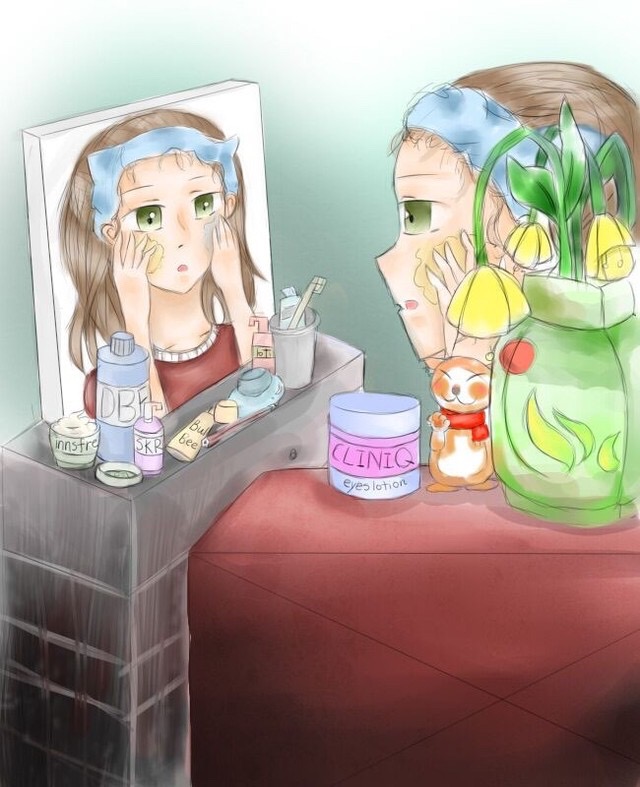
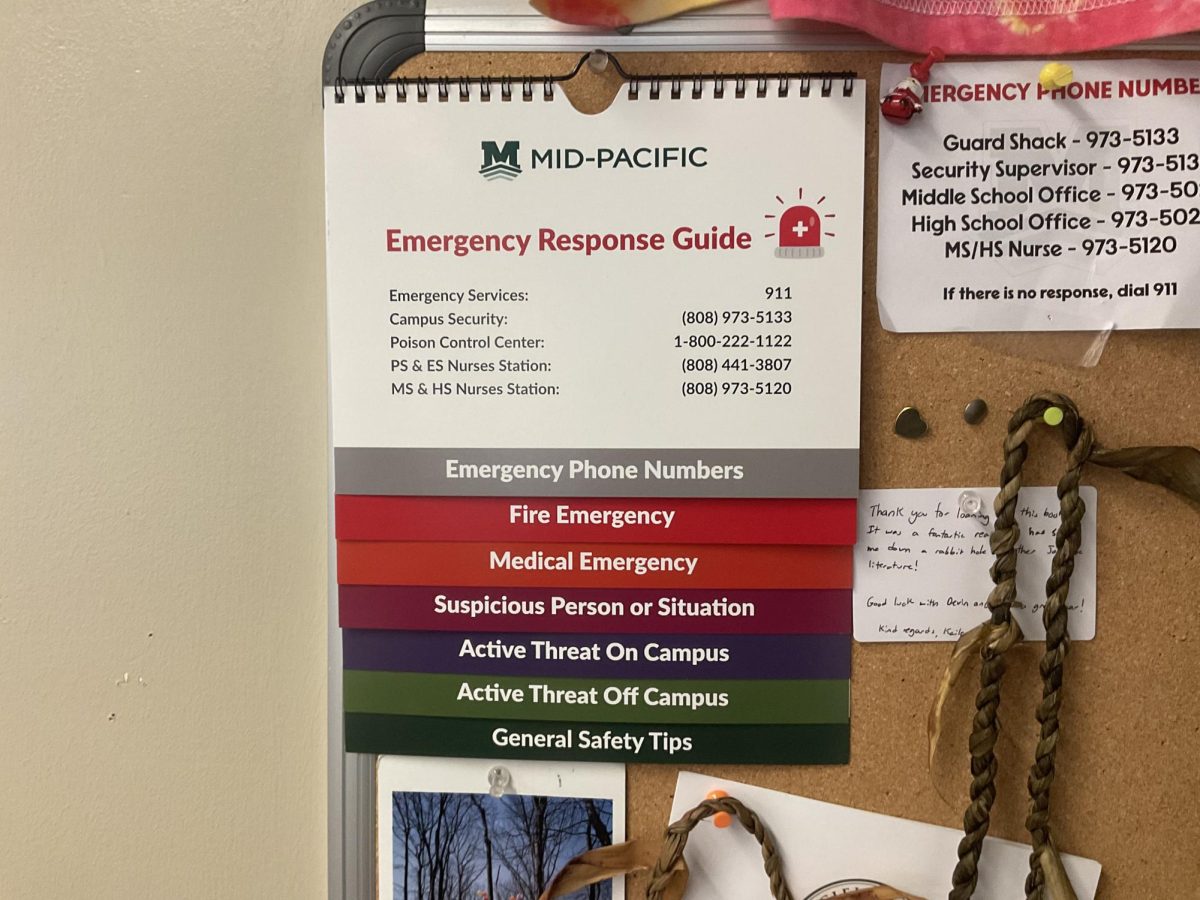
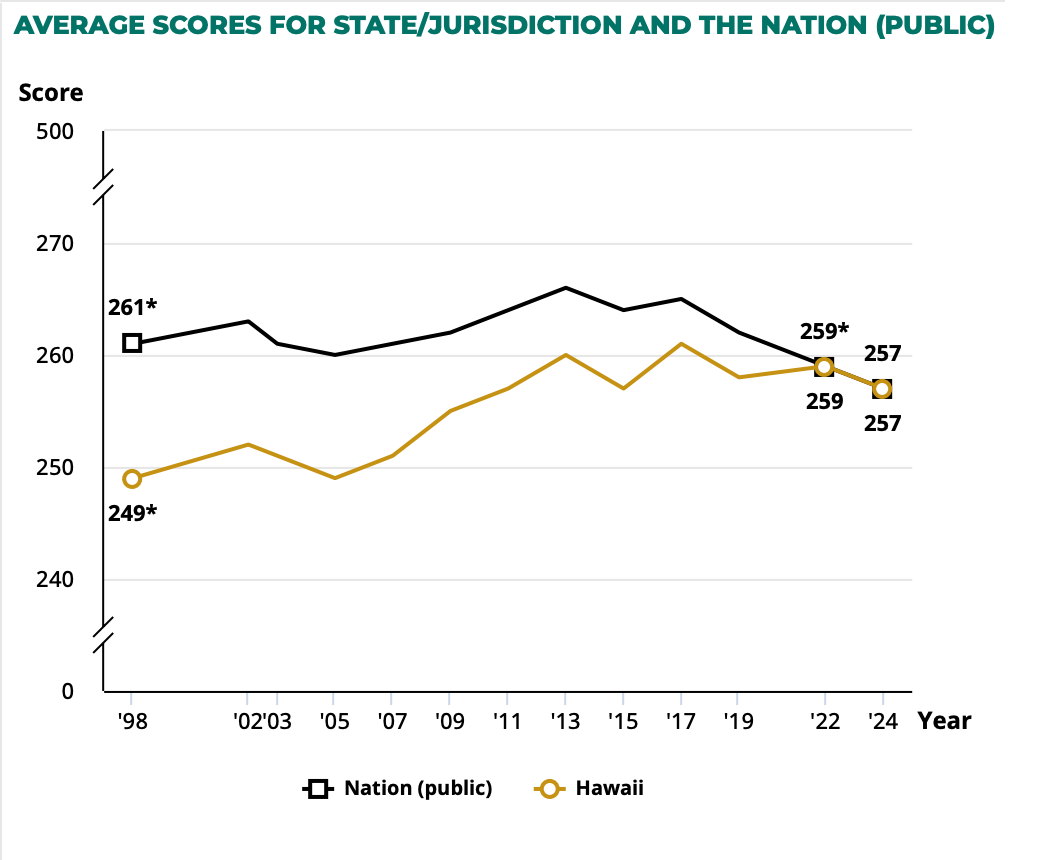

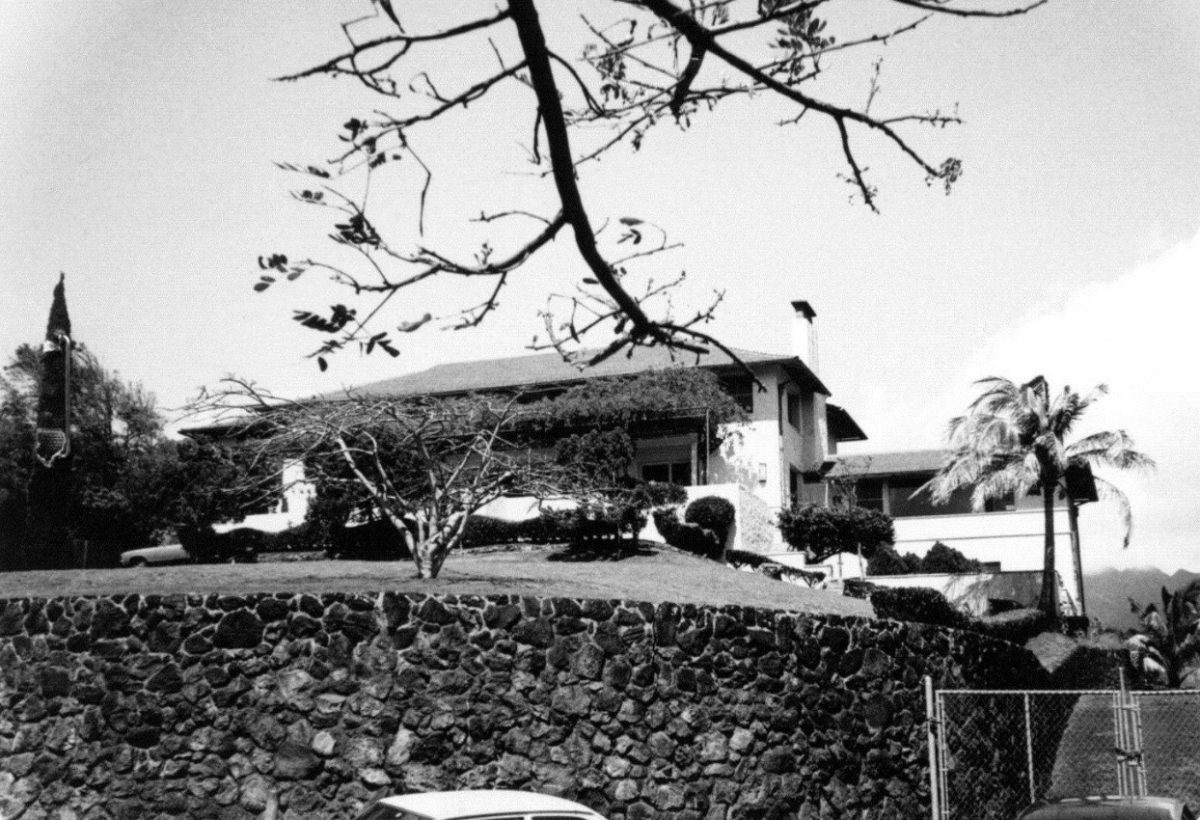

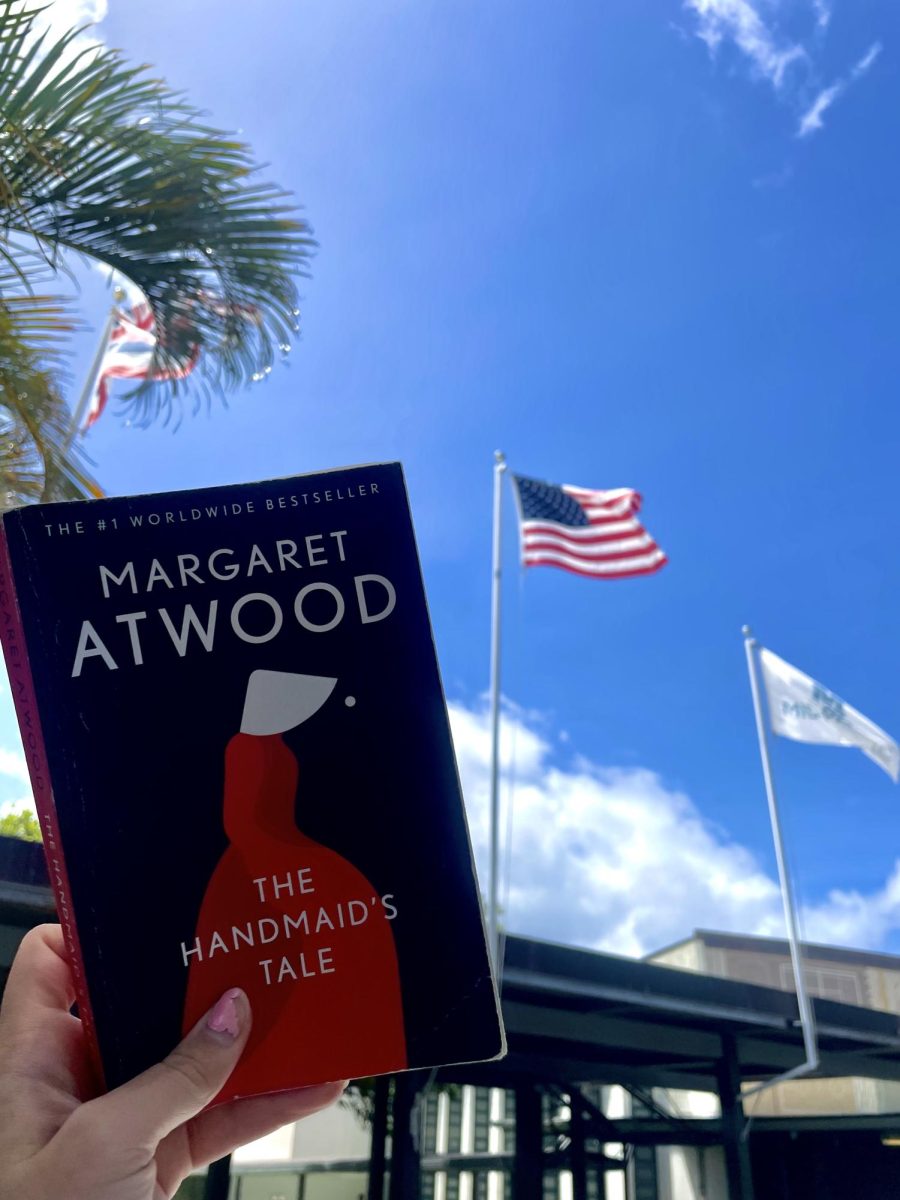
Exposed Skin Care • Sep 2, 2021 at 8:51 pm
I really enjoyed this post. I think comment luv is a really great tool to use. I would recommend it for anyone who uses a blog. Keep up,I am sure to visit again.
exposed acne treatment
Exposed Skin Care • Sep 2, 2021 at 8:46 pm
Hi guys! This is a great help! However I am 12 years old and am considering if I’m OLD enough to start a BASIC skincare routine!?!?
exposed skin care